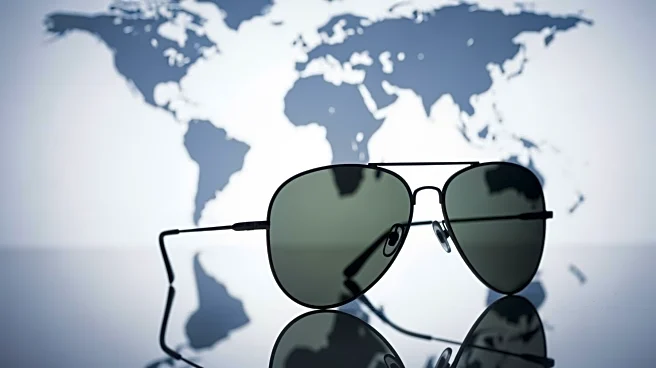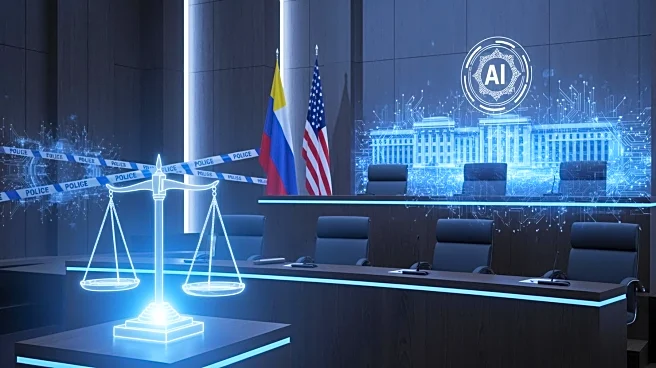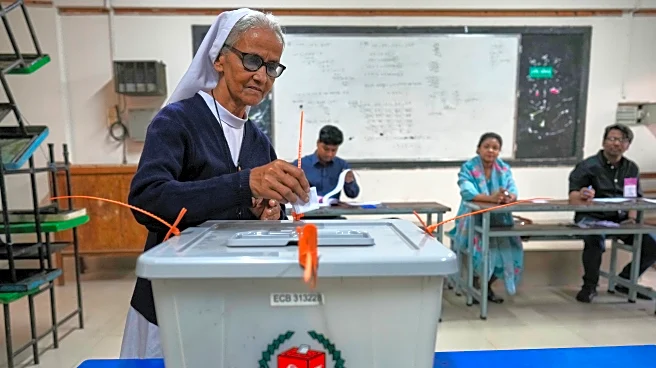What's Happening?
Former U.S. Marine Corps pilot Daniel Duggan has appealed his extradition from Australia to the United States, where he faces allegations of illegally training Chinese military aviators. Duggan, who worked
as an instructor for the Test Flying Academy of South Africa in 2012, is accused of providing training to Chinese military pilots without the necessary license. The appeal was filed in Canberra, Australia, following a one-day hearing. Duggan has been held in maximum security prisons since his arrest in 2022. The U.S. indictment, unsealed in late 2022, claims Duggan conspired to train Chinese pilots in 2010 and 2012, receiving payments totaling approximately 88,000 Australian dollars. Duggan denies the allegations, asserting they are politically motivated. His extradition was approved by Australia's then Attorney-General Mark Dreyfus in December, but Duggan's lawyers argue there were legal flaws in the process.
Why It's Important?
The case highlights tensions between the United States and China, with Duggan's wife claiming he is a pawn in an ideological conflict. The extradition process raises questions about international legal standards and the rights of individuals accused of crimes in foreign jurisdictions. The outcome could impact diplomatic relations between the involved countries and set precedents for similar cases. Duggan's situation underscores the complexities of extradition laws and the potential for political influence in legal proceedings. The case also touches on issues of citizenship and the legal obligations of individuals who have renounced their original nationality.
What's Next?
Australian Federal Court Justice James Stellios is expected to announce a verdict at a later date. The decision could influence future extradition cases and diplomatic relations between Australia, the United States, and China. Duggan's legal team may continue to challenge the extradition process, potentially seeking intervention from Australian political leaders. The case remains under review, with the current Attorney-General Michelle Rowland yet to reassess her predecessor's decision. The broader implications for international law and bilateral agreements between the countries involved remain uncertain.
Beyond the Headlines
The case raises ethical questions about the role of former military personnel in international conflicts and their accountability under different legal systems. It also highlights the potential for political motivations to influence legal proceedings, affecting the lives of individuals caught in geopolitical disputes. The situation may prompt discussions on the balance between national security interests and individual rights, as well as the responsibilities of countries in handling extradition requests.









